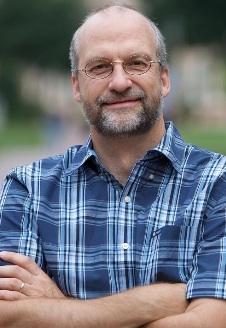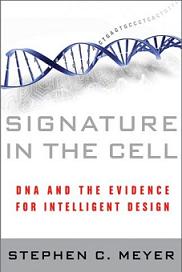 So what is the religious life of emerging adults today? What about its affiliations, practices, beliefs and experiences?
So what is the religious life of emerging adults today? What about its affiliations, practices, beliefs and experiences?
What Smith and Snell discovered in their fantastic new book: Souls in Transition: The Religious and Spiritual Lives of Emerging Adults will be of use to all pastors and churches.
will be of use to all pastors and churches.
Frankly, I’m surprised by the lack of comments about this exceptional book. Maybe you are all buying it and reading it! Question: Are these characteristics what you are seeing in emerging adults?
This chp is lengthy with lots of data and lots of graphs and lots of ideas, but here are some fundamental ideas:
60% of emerging adults identify as religious and the majority of that number is evangelical.
There is a tendency to fragment and avoid affiliation with a denomination and to identify as not religious.
There are clear indicators of shifting affiliations from teenage years into emerging adulthood — between 28 and 50 percent shift.
During emerging adulthood, the objective, public religious practices decline while more subjective dimensions (belief in God etc) decline less so. Between 18-23 fewer than 1% of emerging adults is attending a religious meeting other than church regularly. 25% think one should marry within one’s faith.
But…
Most emerging adults report little change in their religiosity in the previous five years; those who say there is change tend to say they have become less religious.
“Most emerging adults seem positive about organized or mainstream religion in the United States” (141).
On heaven and who might go there … they are divided. Significant minorities engage in religious practices and have had significant religious experiences. Most think too many religious people are negative.
They are friendly to individualistic and pluralistic perceptions of religion.
Only 15% they are spiritual but not religious.
There is a religious slump during emerging adulthood. But it does not seem fatal to their faith.

